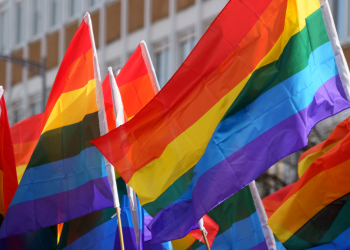Religious doctors in Canada are facing increasing pressure to participate in the country’s Medical Aid in Dying (MAiD) agenda, even if it goes against their beliefs. This pressure has resulted in some doctors leaving their jobs and entire healthcare organizations shutting down. One example is Dr. Kevin Sclater, a family physician who worked for Crossroads Hospice in British Columbia for 19 years but resigned in December due to having to assess patients for MAiD against his own beliefs.
Since Canada legalized euthanasia in 2016, the criteria for MAiD has expanded to include patients living with pain but without a reasonably foreseeable natural death. The country is now seeking to further expand assisted death to include patients with mental illness. Healthcare facilities in British Columbia that receive over 50% of funding from the government and commit physician-assisted death are required to assess and carry it out. Religious-based facilities are currently exempt, but there is a push to remove those exemptions.
Quebec recently passed a bill that would require all palliative care facilities in the province, including faith-based ones, to perform euthanasia. However, the province is facing a shortage of palliative care services, which may be contributing to patients choosing MAiD. Quebec is now considered a “euthanasia hotspot,” with a significant increase in euthanasia rates from 2021 to 2022.
In British Columbia, the Delta Hospice Society, which provides end-of-life care but not assisted death, was forced to shut down after threats from the local health authority. The authority demanded that the hospice perform euthanasia, leading to its closure and takeover.
The increasing pressure for religious healthcare facilities to provide assisted death raises concerns about the erosion of religious freedom and the potential loss of high-quality healthcare options. Scholars and experts warn about the negative consequences of expanding euthanasia, pointing to Canada as an example that other countries should avoid. The debate over MAiD continues, with conflicting views on the rights of patients and the religious beliefs of healthcare providers.




















Discussion about this post